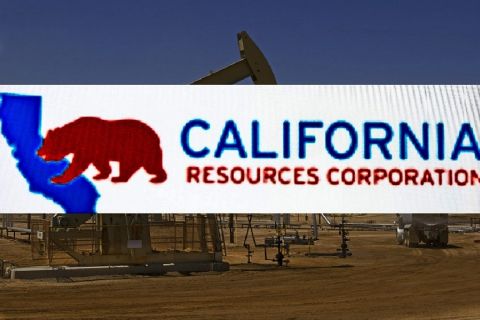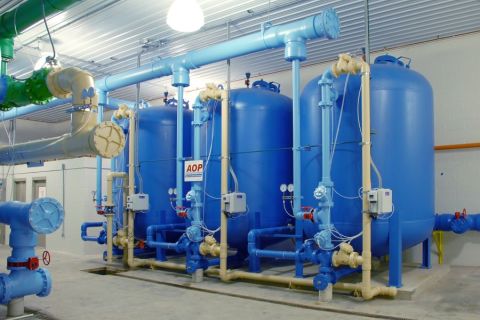The government of Alberta, Canada's main crude-producing province, on Nov. 1 introduced a bill in the legislature to enshrine in law its 100 megatonne limit for oil sands emissions.
The legislated cap builds on the left-leaning New Democratic Party (NDP) government's climate plan, announced last year, in which it committed to the oil sands emissions limit in a bid to address the province's reputation as a major polluter.
Alberta's oil sands are the world's third-largest crude reserves after Saudi Arabia and Venezuela and Canada's fastest-growing source of greenhouse gas emissions.
In 2014, oil sands emissions were 66 megatonnes, or 24% of Alberta's total emissions and 9% of Canada's total emissions.
Under the National Energy Board's mid-level oil price and production growth forecasts, oil sands emissions will not hit the 100 megatonne limit until 2030.
Shannon Phillips, the minister responsible for the Climate Change Office, said the Oil Sands Emissions Limit Act showed the government believed in oil sands producers' ability to innovate in order to keep growing production, and would help Alberta secure market access for its landlocked crude.
A number of proposed Canadian crude oil export pipelines including Kinder Morgan Inc.'s (NYSE: KMI) Trans Mountain expansion and TransCanada Corp.'s (NYSE: TRP) Energy East project are facing fierce resistance from environmentalists opposed to oil sands expansion.
Congestion on export pipelines has in the past driven Canadian crude prices to trade at a steep discount to U.S. grades and oil sands producers say there is a risk of that so-called "bitumen bubble" resurfacing as production climbs unless more pipelines are built.
"Alberta has under several previous administrations faced increasing scrutiny over greenhouse gas emissions resulting from oil sands development. This damage to our reputation has a very real economic consequences for Alberta," Phillips told a news conference.
"For a long time many of the conversations around energy infrastructure have been a proxy for the fact Alberta and indeed Canada under the previous Conservative federal government didn't have a credible climate action plan. What this does is it addresses those concerns," Phillips added.
Under the bill, emissions attributable to electricity produced by oil sands co-generation projects will be exempt, as will some small-scale experimental production.
New upgraders will also be exempt from the 100 megatonne cap and instead have their own separate 10 megatonne limit to encourage new investment in upgrading in the province.
Recommended Reading
NOG Closes Utica Shale, Delaware Basin Acquisitions
2024-02-05 - Northern Oil and Gas’ Utica deal marks the entry of the non-op E&P in the shale play while it’s Delaware Basin acquisition extends its footprint in the Permian.
Vital Energy Again Ups Interest in Acquired Permian Assets
2024-02-06 - Vital Energy added even more working interests in Permian Basin assets acquired from Henry Energy LP last year at a purchase price discounted versus recent deals, an analyst said.
California Resources Corp., Aera Energy to Combine in $2.1B Merger
2024-02-07 - The announced combination between California Resources and Aera Energy comes one year after Exxon and Shell closed the sale of Aera to a German asset manager for $4 billion.
DXP Enterprises Buys Water Service Company Kappe Associates
2024-02-06 - DXP Enterprise’s purchase of Kappe, a water and wastewater company, adds scale to DXP’s national water management profile.
Tellurian Exploring Sale of Upstream Haynesville Shale Assets
2024-02-06 - Tellurian, which in November raised doubts about its ability to continue as a going concern, said cash from a divestiture would be used to pay off debt and finance the company’s Driftwood LNG project.





